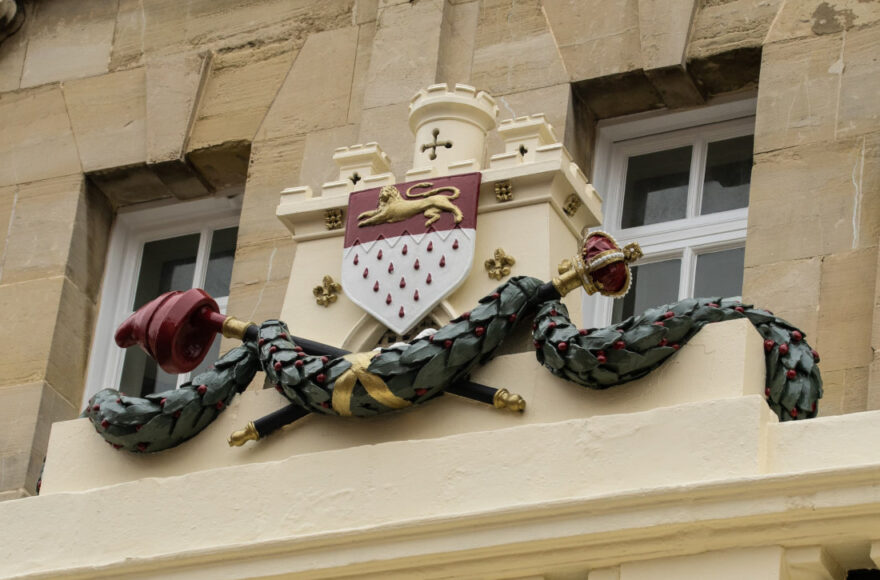The death of a loved one is often distressing and matters are rarely improved if those tasked with administering the deceased’s estate do not perform the duties they are required, by law, to undertake. When you make a will it is important to appoint executors who you think are up to the task and will act fairly and honestly. Whether you choose solicitors as professional executors or prefer to ask friends or family members to act as lay executors, their duties are the same – they are tasked with administering your estate in accordance with the law. This entails gathering the deceased’s assets, obtaining a Grant of Probate, settling any debts and taxes, and distributing the remainder of the estate in accordance with your will.
Problems sometimes arise when beneficiaries come to believe that an executor is in breach of their duties, often through delay, and it can be very frustrating trying to get information from an uncooperative executor. If a simple written request is ignored, the cheapest and quickest way of getting information about the administration of an estate is to apply for a court order stipulating the executor must provide ‘inventory and account’. This should enable beneficiaries to assess whether further legal action is required. This is one of the least expensive formal approaches but it is still costly, and if the court decides an application is unreasonable, the beneficiary may find themselves paying not only their own costs but also those of the executor.
The court also has more draconian and far-reaching powers. Under the Administration of Justice Act 1985 a beneficiary can apply to the court for executors to be removed or replaced. Such an application will be costly and may well lead to lengthy court proceedings.
If you feel that an executor of a will naming you as a beneficiary is not dealing with the estate appropriately, you should obtain specialist legal advice. It may be that a formal letter pointing out the executor’s failings will suffice, although if this does not resolve the issue, you may need to consider how best to proceed.
Whilst there are legal options available it is not always cost-effective or proportionate to embark on court proceedings that could reduce the value of the estate or, worse still, come out of your own pocket.
[cta]For more information about contesting probate or to speak to a George Ide dispute resolution specialist, contact the team at 01243 786668 or email us at info@georgeide.co.uk.
Ian Oliver. Partner, Dispute Resolution.
Contact Our Friendly Legal Experts Today
For general enquiries or to discuss more specific needs in personal or commercial law please get in touch with a friendly member of our team today.
Latest News

All You Need to Know About Contentious Probate

Myth busting Mediation - What is it, and how can it help?

Your Quick Guide to End of Year Tax Planning

Court Claims & the Limitation Period

How the Court of Protection Works and the Role of a Deputy








